Learning, n. The kind of ignorance distinguishing the studious
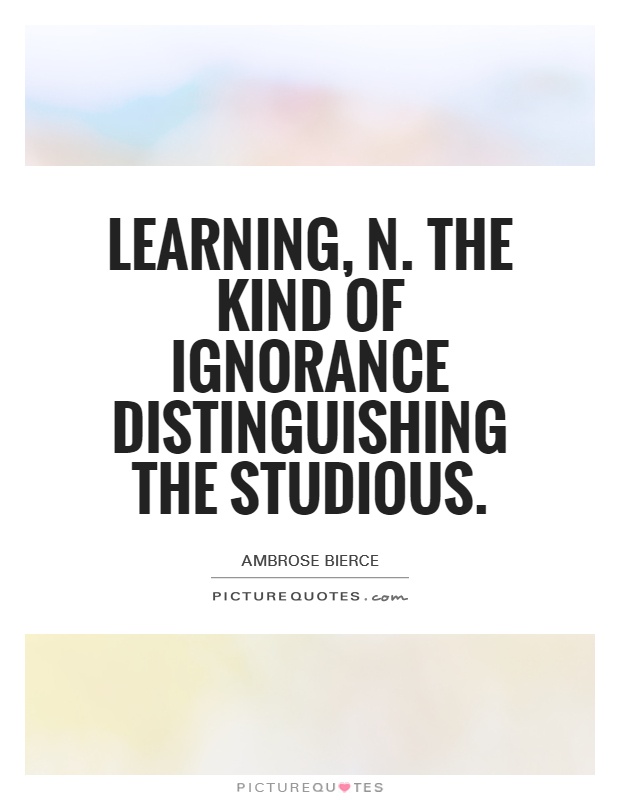
Learning, n. The kind of ignorance distinguishing the studious
Ambrose Bierce, a renowned American writer and satirist, once defined learning as "the kind of ignorance distinguishing the studious." This seemingly paradoxical statement sheds light on the nature of knowledge and the pursuit of learning. Bierce, known for his wit and sharp observations, often used irony and sarcasm to critique society and human behavior. In this particular definition, he challenges the conventional notion of learning as a means to eradicate ignorance and gain wisdom.Bierce's definition suggests that the more one learns, the more one becomes aware of their own ignorance. In other words, the pursuit of knowledge reveals the vastness of what one does not know. This idea is in line with the concept of the "Socratic paradox," which states that true wisdom lies in the recognition of one's own ignorance. By acknowledging our limitations and the gaps in our understanding, we open ourselves up to continuous learning and growth.
The term "studious" in Bierce's definition refers to those who are dedicated to learning and acquiring knowledge. These individuals are often seen as knowledgeable and well-informed, but Bierce's definition challenges this perception by highlighting the inherent ignorance that comes with learning. The studious are not exempt from ignorance; rather, their pursuit of knowledge only serves to illuminate the vast expanse of what they do not know.
Bierce's definition also suggests that learning is a process of constant discovery and self-awareness. As we delve deeper into a subject or field of study, we uncover new questions, complexities, and uncertainties. This ongoing journey of learning and unlearning is what distinguishes the studious from those who are content with their current level of knowledge.

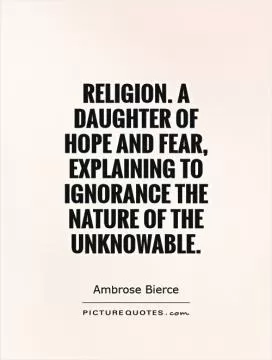
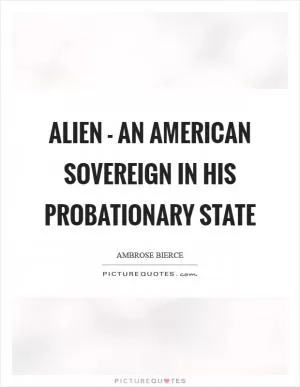
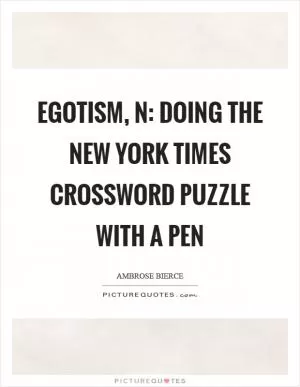




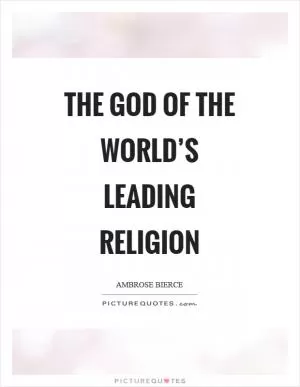
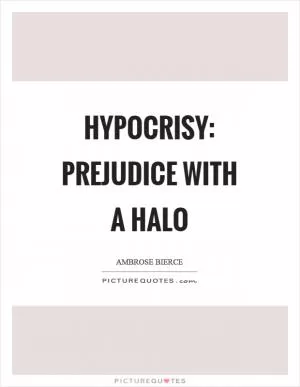
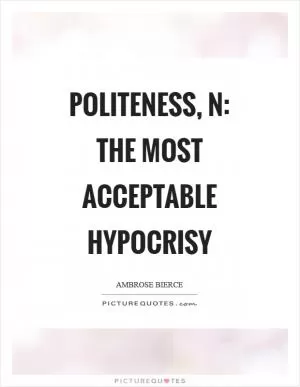
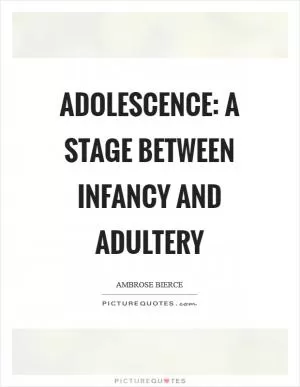
 Friendship Quotes
Friendship Quotes Love Quotes
Love Quotes Life Quotes
Life Quotes Funny Quotes
Funny Quotes Motivational Quotes
Motivational Quotes Inspirational Quotes
Inspirational Quotes